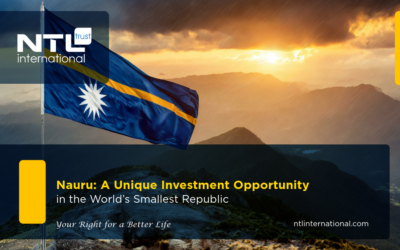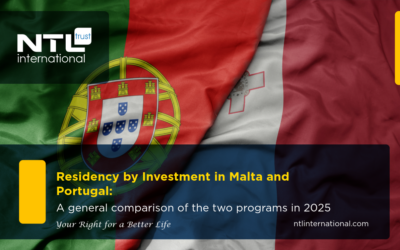
The Digital Twin in Grenada is a groundbreaking initiative designed to address the growing challenges of climate change. It provides an advanced 3D model of the island, serving as a strategic tool for smart planning, disaster preparedness, and environmental resilience. Grenada is among the first small island nations to adopt such cutting-edge digital technology for managing climate risks, as well as guiding urban and economic development.
When Did the Digital Twin in Grenada Begin?
The initiative officially began in 2019, launched under the World Bank’s Regional Disaster Vulnerability Reduction Project in partnership with Fugro. Through extensive aerial and marine surveys, the project collected highly accurate data, including:
-
High-resolution LiDAR point clouds
-
High-quality aerial imagery
-
Bathymetric data for coastal areas
By around 2021, this data was transformed into a dynamic 3D model of the island, Grenada’s Digital Twin. The model is now used to simulate future climate scenarios such as sea-level rise, flooding, and hurricanes, helping the nation safeguard infrastructure, plan coastal protection, and prioritize sustainable development.
Why the Digital Twin in Grenada Matters
For small island states like Grenada, where the impacts of climate change are magnified, access to accurate geospatial data is not optional, it is essential. The Digital Twin in Grenada allows the government to:
-
Proactively prepare for floods and natural disasters
-
Guide urban development based on risk predictions
-
Support investment in sustainable and resilient infrastructure
-
Strengthen long-term climate change adaptation strategies
Linking Technology with Development and Investment
Grenada also offers an official Citizenship by Investment Program, and innovations such as the Digital Twin add significant value for investors. These advancements highlight the country’s commitment to ecological stability, disaster readiness, and smart development. With continued investment in geospatial technology and digital infrastructure, Grenada is positioning itself as a forward-looking nation where economic growth and environmental sustainability go hand in hand.
Digital Twin in Grenada as a Roadmap for Other Nations
Grenada’s pioneering use of digital technology is already inspiring other Caribbean and international nations. The Digital Twin in Grenada demonstrates how data-driven solutions can directly address climate challenges while supporting safer, more stable, and future-ready communities.
Citizenship and Residency by Investment Programs: Smart Strategies for Wealth Management and Global Mobility
Citizenship and Residency by investment programs as key components of the wealth management strategies
Grenada’s Elite Citizenship or Citizenship by Invitation: an Exclusive Gateway to Luxury Passports?
Explore Grenada’s Citizenship by Invitation program, an exclusive pathway offering elite investors fast-track citizenship
Republic of Nauru: The World’s Smallest Republic and an Exceptional Destination for Investment and Life
Republic of Nauru (the smallest in the world): From phosphate mining to the citizenship by investment program.
Residency by Investment in Malta and Portugal: A general comparison of the two programs in 2025
Comparing the residency by investment programs in Malta and Portugal, and their key differences.
Visa-Free Travel with a Nauru Passport: Where Can You Go?
The Nauru passport allows you to travel to nearly 100 countries worldwide.





